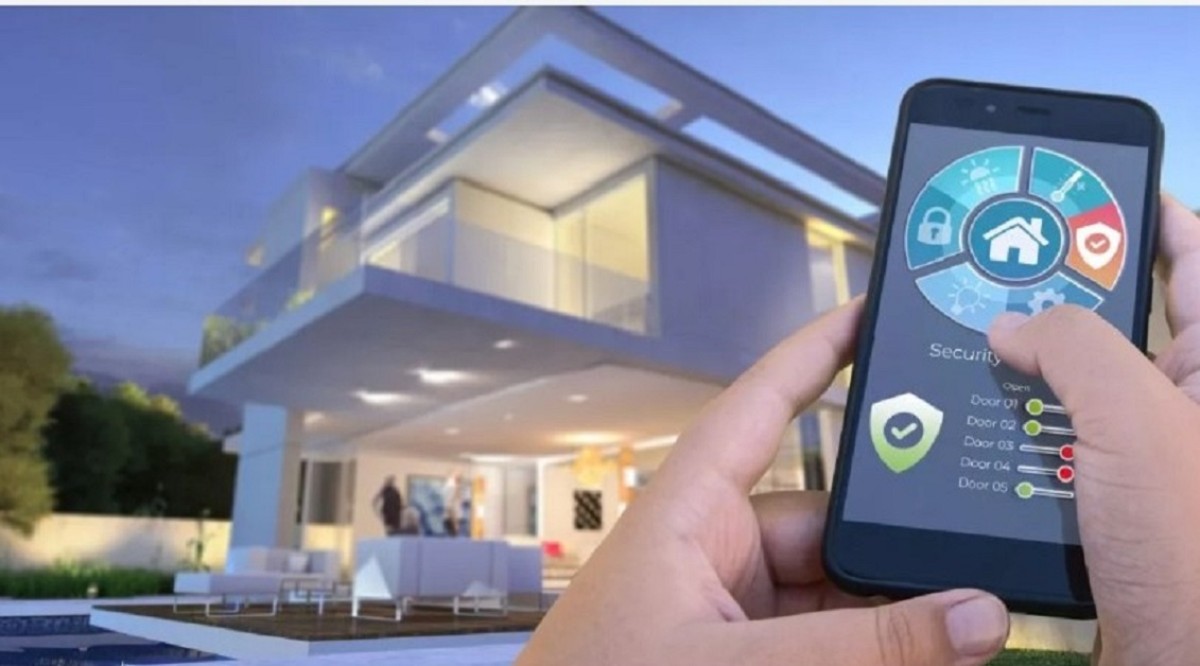
As life often imitates art, the future has arrived—and it’s literally inside our homes. Almost everything that once seemed like science fiction in that film is now a reality in smart homes.
What Is a Smart Home? A smart home is a residence equipped with internet-connected devices that allow you to control and monitor various functions remotely—whether via a smartphone, tablet, or voice commands. Imagine lights that adjust to natural brightness, thermostats that learn your habits, or smart locks that recognize your face. It may sound like magic, but it’s technology working for your comfort and efficiency.
Today, with a smartphone in hand, we control almost everything: lighting, temperature, security systems, and appliances. So, how does all this affect the real estate market?
In the premium segment, advanced technological systems are indispensable, further increasing exclusivity and property value. For sellers, investing in smart home solutions can be the decisive factor in attracting buyers and closing deals faster.
Energy efficiency is one of the greatest advantages of smart homes, allowing you to save on electricity bills without sacrificing comfort. With smart thermostats and adaptive lighting:
Imagine waking up to freshly brewed coffee or watching your curtains open automatically. With a home that “understands” your needs, you’re freed from repetitive tasks and gain more time to enjoy what truly matters.
Smart homes excel in security. With surveillance cameras, motion sensors, and smart locks:
What does the future hold? The trend is toward even more advanced innovations, focusing on:
Smart homes aren’t a passing trend—they represent the present and future of residential living. For anyone considering buying or renovating a home, integrating smart technology is a smart investment.
Opinion article published on the real estate portal Casa Yes, on February 12, 2025